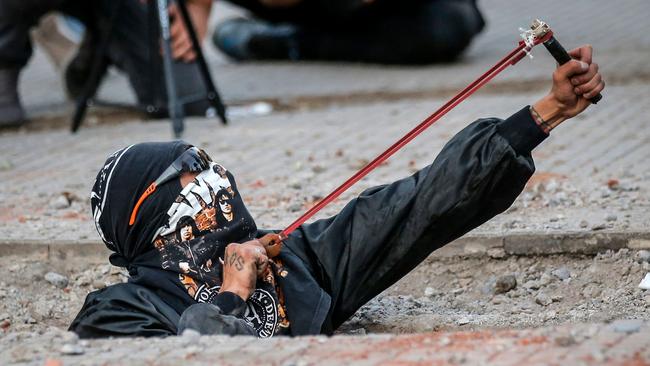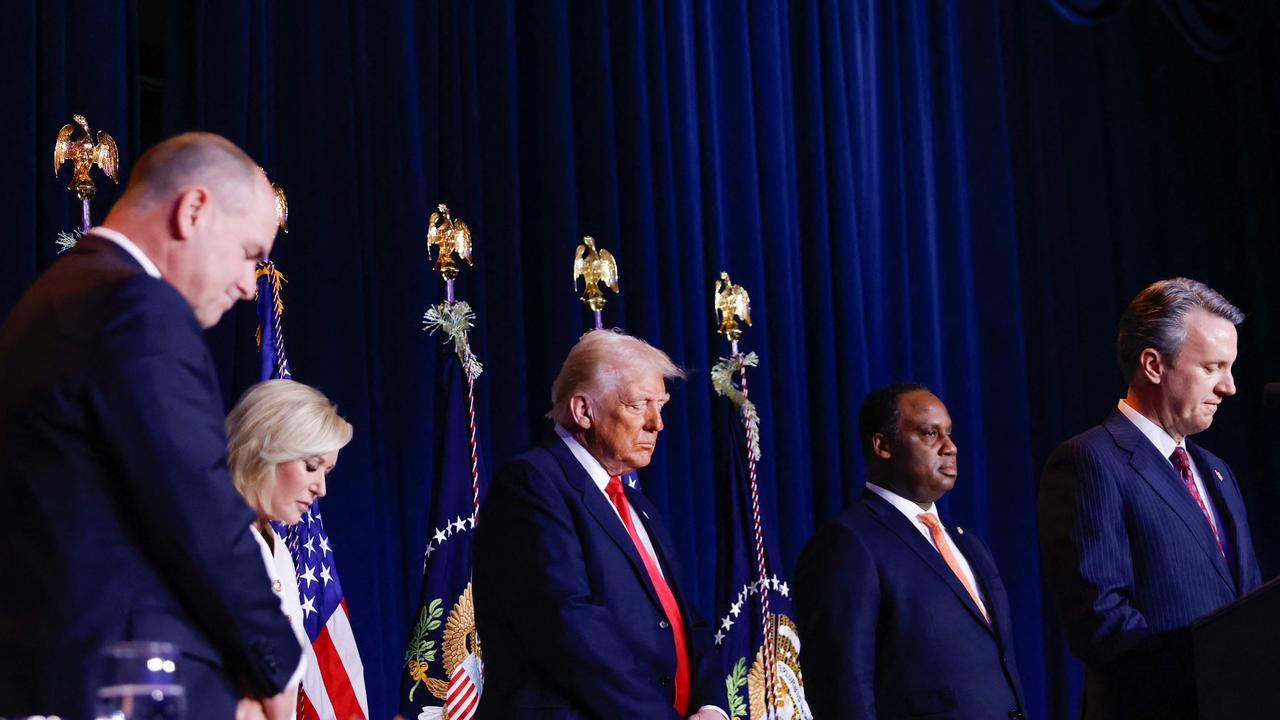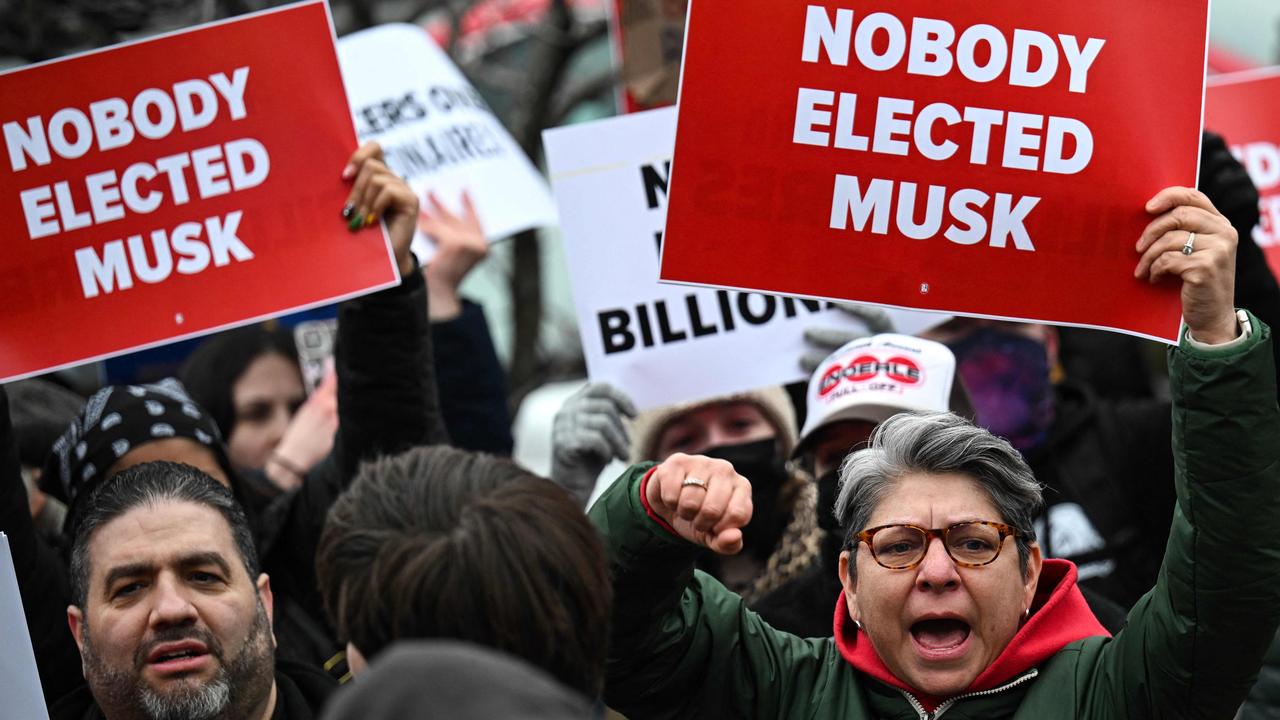Russia meddles in new Latin America cold war
Russia’s influence in South America has grown along with China’s, as Washington appears to lose interest.

Joaquin Villalobos, one of the main leaders of El Salvador’s leftist guerillas in the 1980s, has undergone a remarkable career transformation. He lives in a village in Oxfordshire, England, works in conflict resolution and is an outspoken critic of the Latin American left.
Almost 30 years after he came out of the hills, where he had commanded a rebel army, he watches with fascination the signs that again his old sponsors in the Kremlin are making mischief in Latin America.
Russia’s influence there has grown along with China’s, according to Villalobos, while the US — which toppled leftist leaders at will during the Cold War and set up the Contra army to try to overthrow the Moscow-backed Sandinistas in Nicaragua — has lost interest.
“Washington hasn’t been paying much attention. (Donald) Trump has been focused on his wall,” he says.
Are Russia and its proxies, Cuba and Venezuela, behind the wave of unrest that has hit South America from Colombia to Chile? Last week, Ecuador and Bolivia banned Russia’s RT television from broadcasting in their territory following street trouble in both countries.
The propaganda organ has opened offices all over Latin America, coinciding with Russia’s growing presence in a region from which the former Soviet Union withdrew decades ago after losing the Cold War. RT has proved adept at magnifying grievances in countries where it broadcasts in Spanish, and is suspected of trying to fan the flames of unrest.
No one doubts that the demonstrations were sparked by legitimate grievances: growing inequality, rises in the cost of living and disappointed expectations, to name a few. At the same time, Russia has exploited tensions that have been brewing quietly for years in Latin America as part of its global effort to subvert the West and undermine US-friendly governments in retaliation for the sanctions imposed after its attacks on Ukraine.
Russia’s meddling is not limited to spreading disinformation about “brutal neoliberalism” on television and social media. Its efforts are being conducted largely through its closest regional friends, Cuba and Venezuela.
Venezuelan agents provocateurs are accused of stoking violence in Chile, where conservative President Sebastian Pinera is on the ropes after a series of protests.
Bolivian media have reported that Cubans have been caught with wads of dollars after recruiting protesters in support of Evo Morales, the deposed leader. His fall in October was a significant loss for the Kremlin: Morales even spoke out in support of the Kremlin after Western countries expelled Russian diplomats following the poisoning in Salisbury, England, last year of a Russian double agent and his daughter.
Is Morales a casualty in a new cold war as Washington starts to push back against Russia? Not according to a well-informed regional consultant. In contrast to what is claimed by the Moscow propaganda machine, the US had no role in deposing Morales. His own security forces persuaded him to go after protests erupted against his blatant election-rigging.
One consolation for the Kremlin is the return to power of Russia-friendly Peronists in Argentina, where former president Cristina Fernandez de Kirchner will be inaugurated as vice-president next week.
Another is the endurance of leftist regimes in Cuba, Nicaragua and Venezuela. In Venezuela, the Kremlin has been running rings around the Americans as it helps keep Maduro, the former bus driver, in power.
Sidelining the US State Department, President Trump has put a Cuban-American in charge of Latin America policy. Mauricio Claver-Carone is a protege of Florida senator Marco Rubio, and his priority is removing the leftist Havana regime, the dream of Cuban exiles, a community that is influential, wealthy and votes Republican.
Some Trump critics say the focus on Cuba and Venezuela has blinded Washington to mischief elsewhere.
“The Latin America policy is dangerous and badly thought out,” said Christopher Sabatini, a lecturer in international affairs at New York’s Columbia University.
“America is playing chequers in Venezuela while the Russians are playing chess.”
If this is a new cold war, Villalobos says, it is quite different from the old one. “We were fighting a dictatorship, but these countries are democracies. They have responded to the protests against them with only mild repression, along with dialogue and concessions. If we were back in the 1980s, we’d have Contras fighting the Venezuelan regime by now.”
The Sunday Times


